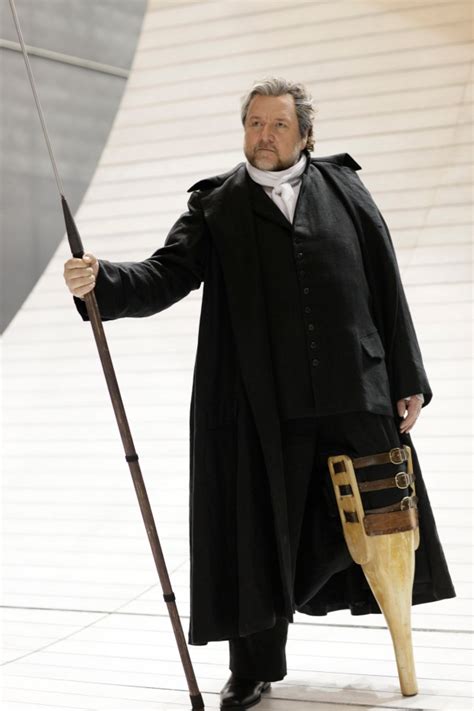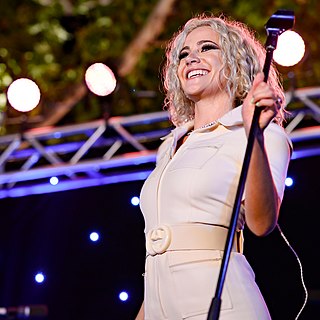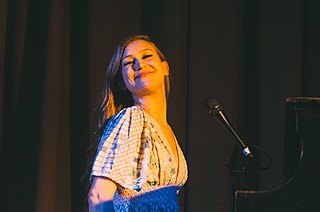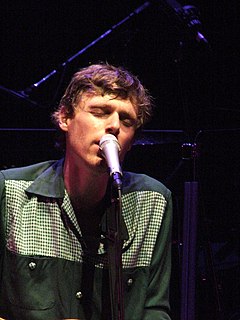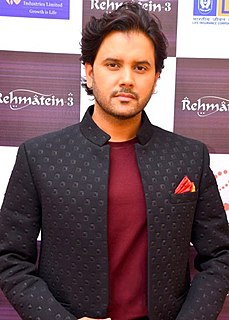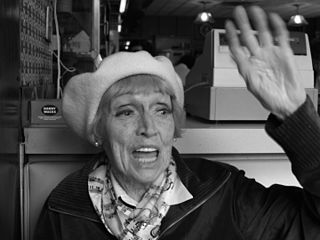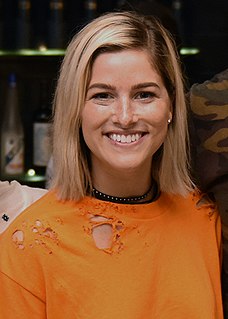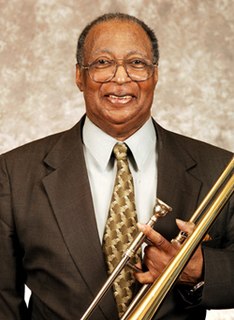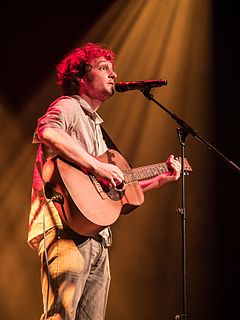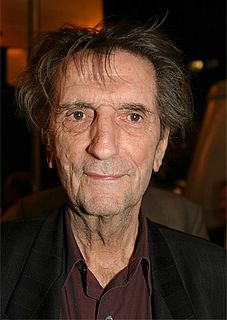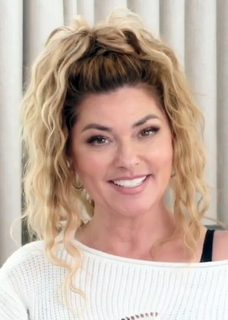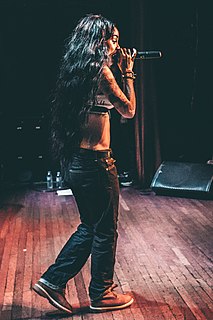A Quote by Ben Heppner
I sustained an injury by singing with the flu during the second performance of Andrea Chenier in Buenos Aires. I was very sick, with chills and sweats, but against my better judgement I let them talk me into singing. Of course I gave the performance everything I had and my voice was hurt. It was scary at first, but fortunately there was no permanent damage. I just had to be patient and wait for the voice to return. It took six weeks of physical recuperation and it took time to recover my confidence as well.
Quote Topics
Against
Andrea
Be Patient
Better
Buenos Aires
Chills
Confidence
Course
Damage
Everything
First
Flu
Fortunately
Gave
Had
Hurt
Injury
Judgement
Just
Me
Patient
Performance
Permanent
Physical
Recover
Recuperation
Return
Scary
Second
Sick
Singing
Six
Sustained
Sweats
Talk
Them
Time
Took
Very
Voice
Wait
Weeks
Well
Related Quotes
When I was a junior in college I moved to New York and went to this performance school the Experimental Theatre Wing. We had singing class and again, some of the other students would cry when I was singing, and I really didn't know why. I started to realize that there was something in the tone of my voice that was evocative for them.
It was Miles Davis who took me to New York, and Coltrane was in the band, as well as Paul Chambers, Philly Jo Jones. 'Trane took me aside, and, of course, we did Blue Trane, which was my first album-and that started everything. He had confidence that I didn't have; he saw something that I didn't see.
The whole thing of singing on my own has been accidental and random. I sang a huge amount as a kid, and I was a boy soprano. I didn't do that much classical music; I did a little bit. I had a lovely voice. And then when my voice dropped, I didn't worry about it consciously because I wasn't that invested in my singing at the time.
I had a teacher who stressed for me the importance of diction in terms of... I want to be very careful about how I say this... in terms of supporting one's voice when one is singing. In other words, if you hold on to your words, your voice will pull through for you when you're singing. So be true to your vowels.
You start singing by singing what you hear. So everyone, when they first start singing, they naturally are singing like whatever they're hearing, because that's the only way you learned how to sing. So when I was growing up on Lauryn Hill, when I started singing her songs, I literally trained my voice to be able to do runs.
There are no words and there is no singing, but the music has a voice. It is an old voice and a deep voice, like the stump of a sweet cigar or a shoe with a hole. It is a voice that has lived and lives, with sorrow and shame, ecstasy and bliss, joy and pain, redemption and damnation. It is a voice with love and without love. I like the voice, and though I can't talk to it, I like the way it talks to me. It says it is all the same, Young Man. Take it and let it be.
